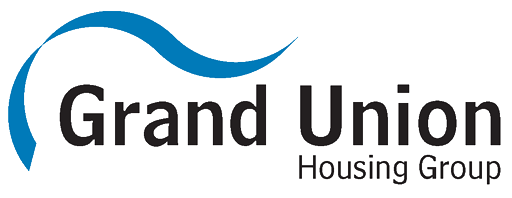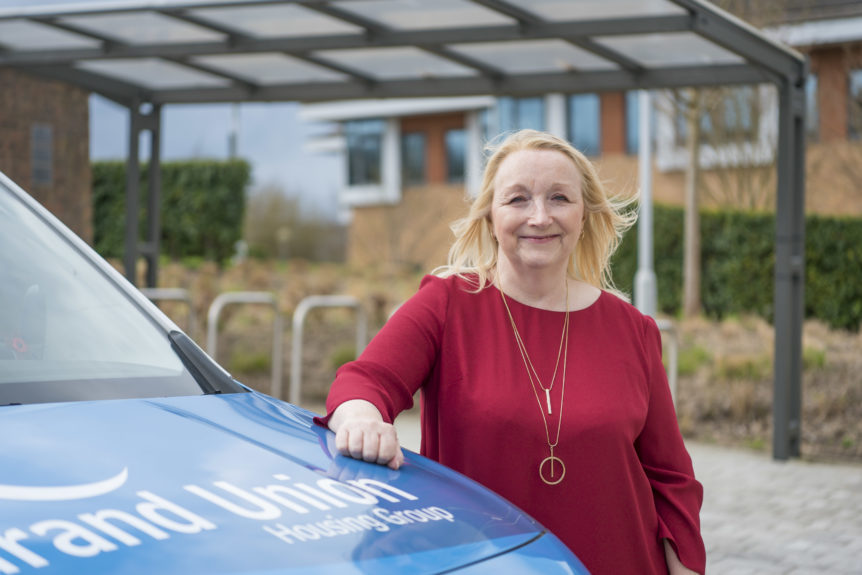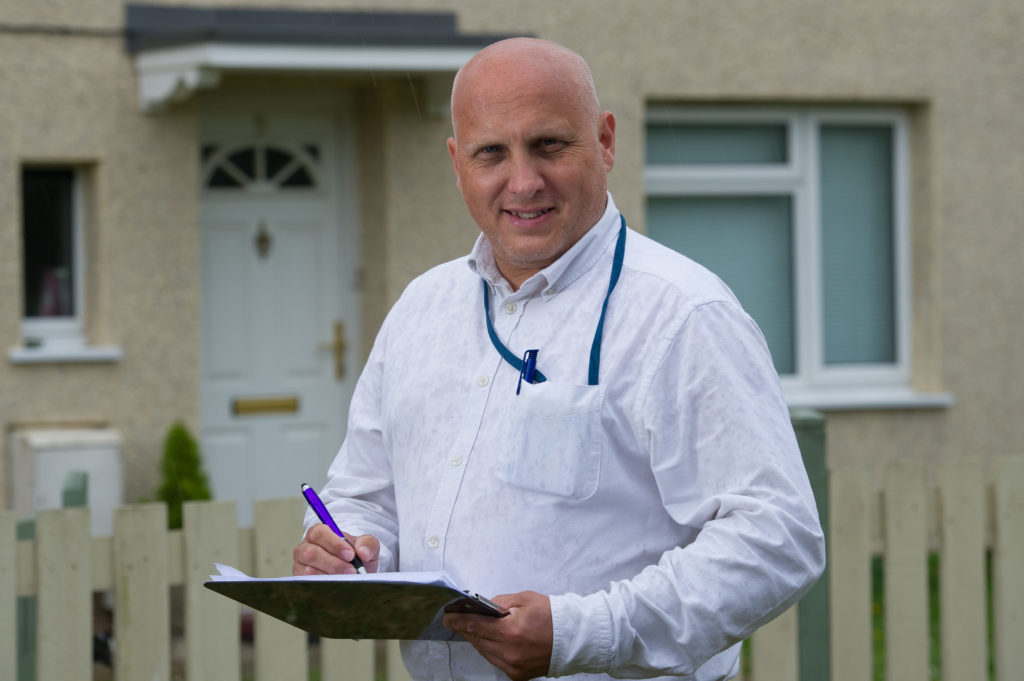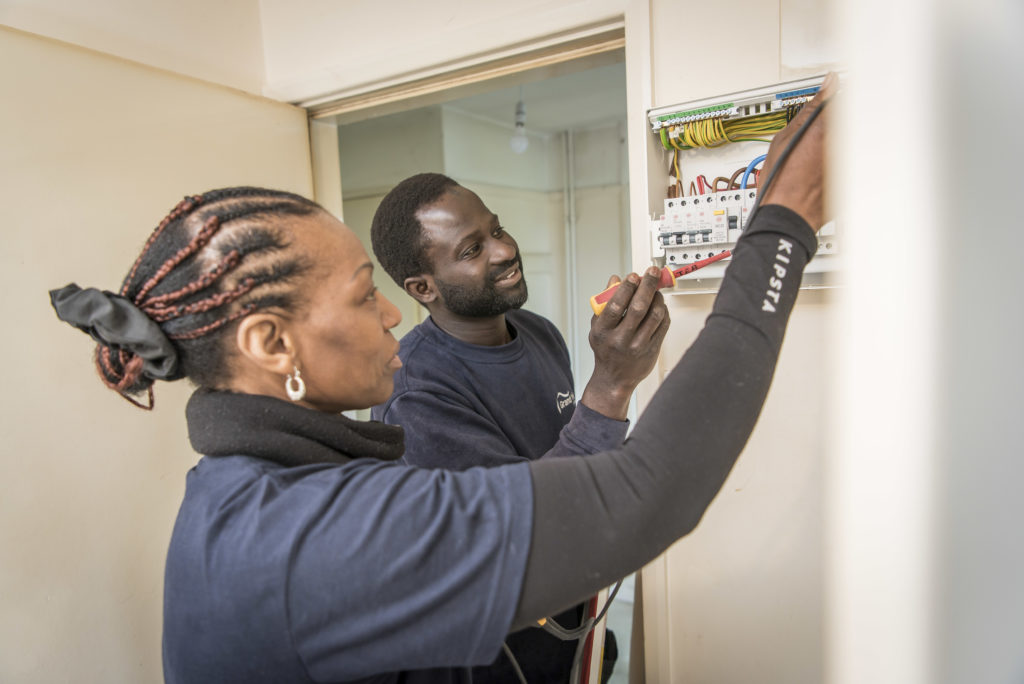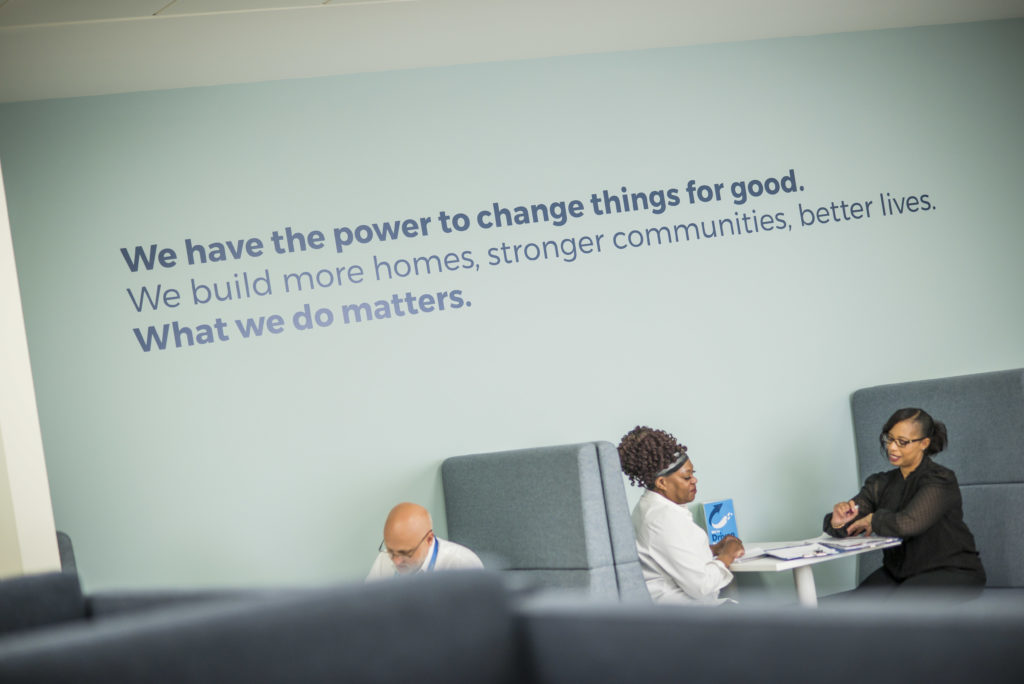By Aileen Evans, Group Chief Executive
10 February 2022
Recently I was asked to do a talk at my children’s school about a career in housing and in thinking how to go about it, I decided to use the story of a young man with a learning disability we’d provided a home for; for the purposes of this blog I’ll call him John. It’s a brilliant example of partnership working too, but that’s for a different blog!
John’s learning disability meant he was placed in a secure mental health hospital many miles from his parents and we, at Grand Union, were asked by the local authority to work with them, his family and a care provider to find him somewhere suitable, as the hospital secure unit was no longer suitable for him as a result of him reaching 18 and not having a mental health diagnosis. The nature of his autism meant that he could express himself with angry outbursts, be unpredictable and property would get damaged.
I told John’s story through the very many people in Grand Union who made this happen – and I will describe them below.
First up was our Partnerships Co-ordinator Special Projects, who worked alongside the local authority social workers, occupational therapist, commissioners, family, support provider and hospital to find a property that would be suitable for John’s needs. This was painstaking work and took many months. Eventually a property was purchased in October 2020 and work started to make the environment suitable. At this point, one of Grand Union’s property managers, a qualified surveyor, joined the team to help draw up the plans for renovations to ensure John’s very specific needs would be met as, on paper, he appeared to be one of the most challenging customers we had ever dealt with. Doctors and psychiatrists were concerned, believing that he would not be suitable to live in the community due to the level of his behaviours.
“A career in housing isn’t just about one profession, it’s for very many professions.”
Funding the purchase and works involved two other teams, our Development and Finance teams, and we ran various financial models so that we knew how much we could afford to pay and that we would be able to repay the money we borrowed to finance this. So we add two more careers into the mix: development project managers and accountants; they identified a shortfall in the money we had available for the project so that it was then back to the Partnerships Co-ordinator to work with the local authority to submit grant applications to various bodies to fund various bits of the work. All of this work is carried out on IT systems so another role is indirectly involved behind the scenes in ensuring that we can all do our job well and efficiently – this has been so important during the pandemic when all of our colleagues had to adapt to working remotely.
The property we bought is a three-bedroom bungalow that was transformed to have a staff area, a cushioned room for de-escalation, a bedroom and an en-suite, together with a lounge, dining room, kitchen, conservatory and a large garden.
The team needed to be supported by qualified housing experts who understand contracts, so that we made sure that all the relevant legal agreements were all in place to ensure that John’s rights were properly protected and so another profession was added to the team.
Eventually, the new home was ready and then began the lengthy process of transition from one setting to another; this meant that another member of the partnerships team became involved, someone who would work with John, his family, the local authority and the care team into the future to support them all and help co-ordinate the move. This is a very important role and is vital in making sure that John’s interests are protected, and his home remains a safe place for him. The person who took up this role in late 2020 is still in post pulling all this support together and providing any housing related support required.
The team worked carefully to make sure that the transition was successful and eventually the move took place in April 2021.
Ongoing maintenance is provided by our internal repairs team and again this is managed quite carefully so that John doesn’t get alarmed – another vital role in ensuring that John’s home (and the other 12,500 owned and managed by us) is well maintained.
So what has the result of all this been, and what impact has it had on John and his family?
The team leader for the support provider says that we have provided a beautiful and homely environment for John where he is settled and happy. The staff team love coming to work and we know that when John was in hospital, staff stayed in the locked office and used to speak with him through the partly open door. He was never allowed in the kitchen at the hospital, yet now he takes his plate into the kitchen and has been trying his hand at baking! He asks for staff to sit near him on the giant beanbags and has been talking about different countries. This interaction and closeness would never have been allowed in the hospital for fear that he would have an outburst. His mum tells us that John’s new home and care has not only transformed his life, but theirs too.
There are still incidents, but these are nothing like as frequent, as severe or as long lasting as previously.
The vast majority of our customers don’t need anything like the level of support that John does, most need no support at all, and the range of roles I have described, plus many more, are involved in building new homes, managing them and providing a whole range of services to our customers.
So many people made this happen and I have named a few of them here. A career in housing isn’t just about one profession, it’s for very many professions. It’s quite definitely for those who want a fulfilling and varied career with purpose.


